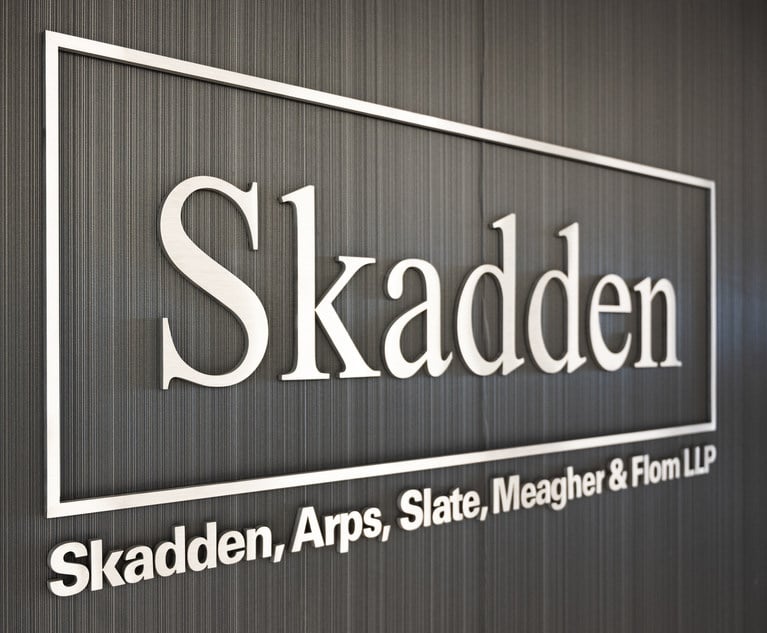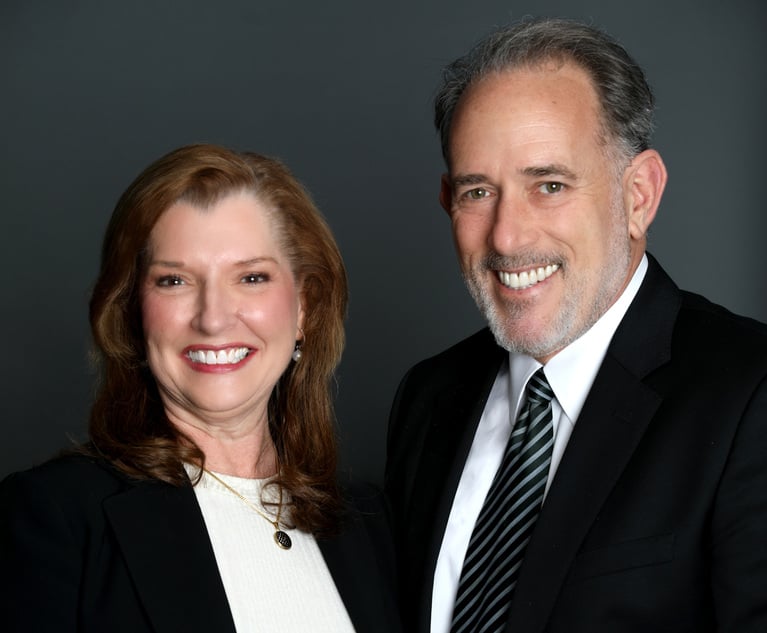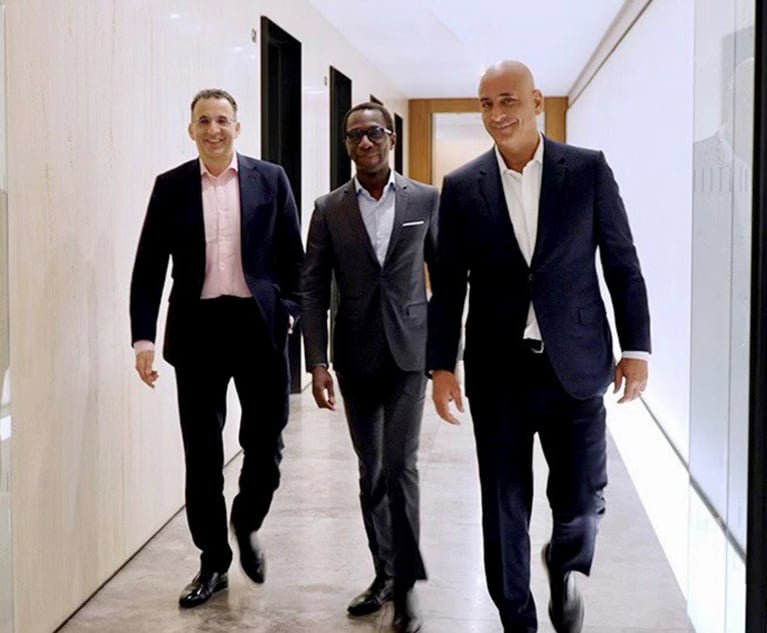When a Tour de France competitor comes upon a hill that would make even a resilient goat need counseling afterward, he has three choices. He can conserve energy until he reaches the top, try to continue at the same pace as before, or accelerate uphill. What do you think his strategy should be?
Champions attack the uphill. While everyone may want to win the race, those that employ the wrong tactics and strategies will be struggling to finish it. Your position on the other side of the hill, and the long flat stretches that follow, are determined with each pedal stroke on the way up. What can we apply from cycling strategy to how law firms should be reacting to the economic, human, and emotional upheaval related to the COVID-19 crisis?
This content has been archived. It is available through our partners, LexisNexis® and Bloomberg Law.
To view this content, please continue to their sites.
Not a Lexis Subscriber?
Subscribe Now
Not a Bloomberg Law Subscriber?
Subscribe Now
LexisNexis® and Bloomberg Law are third party online distributors of the broad collection of current and archived versions of ALM's legal news publications. LexisNexis® and Bloomberg Law customers are able to access and use ALM's content, including content from the National Law Journal, The American Lawyer, Legaltech News, The New York Law Journal, and Corporate Counsel, as well as other sources of legal information.
For questions call 1-877-256-2472 or contact us at [email protected]

 Speedy shadow – A cyclist at top speed on the triathlon race.
Speedy shadow – A cyclist at top speed on the triathlon race.







